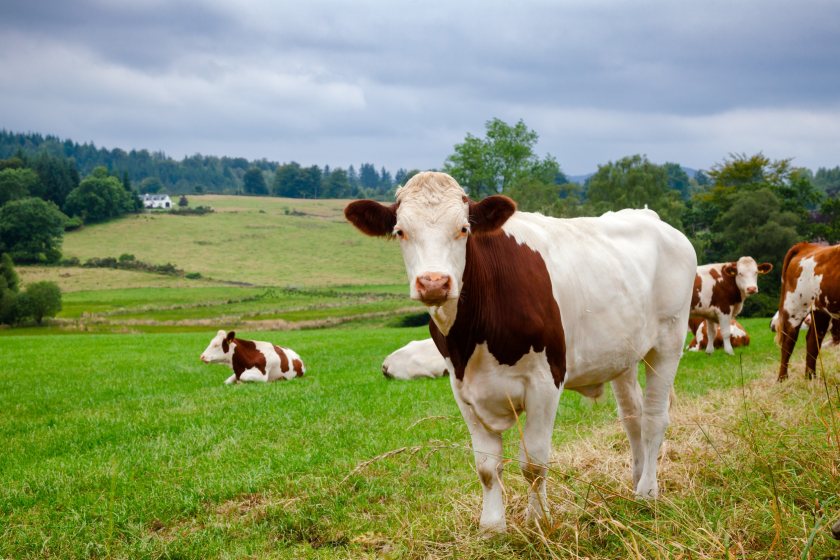
The NFU has said that 'crucial questions' remain over the use of methane suppressing supplements in the UK following recent calls for the government to incentivise them.
The union's comment follows analysis by the Green Alliance, which said British farmers were being 'left behind' in tackling greenhouse gas emissions.
Methane suppressants - which can be made out of chemicals or natural ingredients such as seaweed - would be a cheaper way to tackle emissions than current Sustainable Farming Incentive (SFI) offerings, the think thank said.
It noted that government support in the UK lacked in comparison to subsidies offered in Belgium and Slovenia.
“Defra has talked about mandating the use of methane suppressants by 2030 and is developing a Dairy Demonstrator programme,” explained Green Alliance.
“But this isn’t backed up by support for farmers to use these products, whereas farmers in Belgium and Slovenia are receiving subsidies of up to 80% of the costs through new agricultural payments."
Responding to this, the NFU said methane suppressing supplements had the potential to be 'a really useful' tool to reduce farm GHG emissions.
But it warned there were 'crucial questions' about how these products worked, their long-term effectiveness and their impact on animal health and welfare.
Farmers also faced the additional cost of buying the suppressants - at a time when many see higher feed and fertiliser costs.
The union's president Tom Bradshaw said: “Viability must also be addressed in terms of costs, credible certification and availability, as well as finding solutions to inconsistent and unequal intake by cattle in grazing systems.
“Feed supplements are just one piece of the puzzle, and they need to work alongside a range of further GHG emission-reducing techniques, such as genetic selection, efficiency improvements and other technologies."
Livestock, particularly cows and sheep, are the main cause of greenhouse gas emissions in the agricultural sector.
But research has shown promising evidence that feed products with methane-inhibiting properties could significantly reduce emissions.
In its report, Green Alliance said the government should include methane suppressants in its SFI scheme and that doing so would be a cheap solution to reducing the UK's methane emissions.
It said: “If this product was fed to just a third of English dairy cows, it could cut UK-wide methane emissions by around one per cent, i.e. almost 16,000 tonnes per year, equivalent to half a million tonnes of CO2.
"The cost of implementing it is relatively low, only about half a penny per pint of milk produced.”
In October 2023, Defra renewed its commitment to reducing methane emissions in livestock through plans to incentivise the use of methane suppressing feed products in England.
